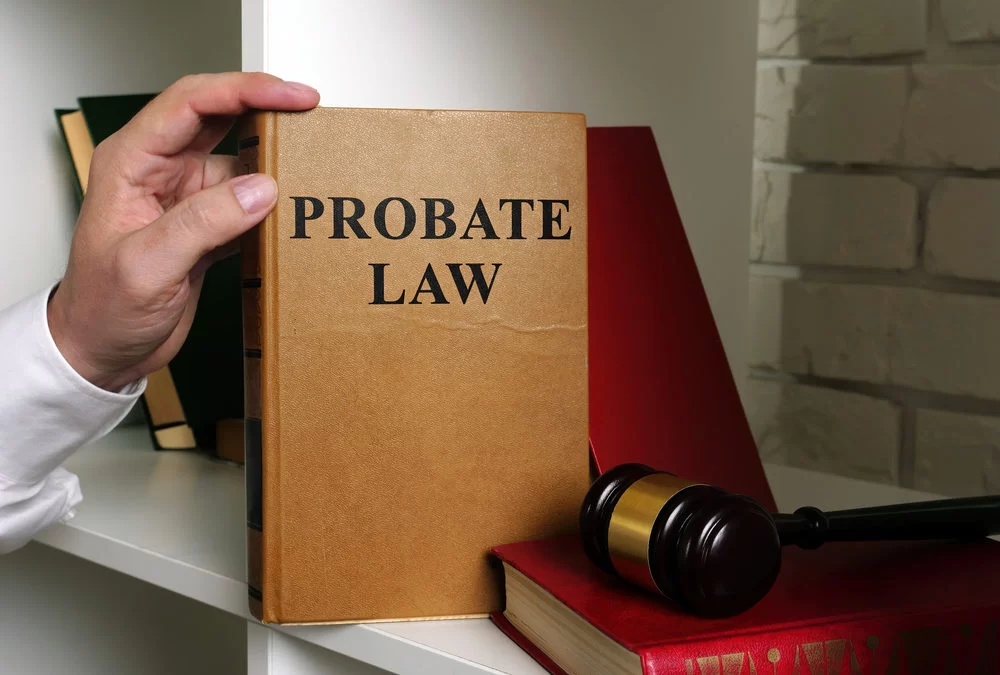
- Understanding Small Estates and Probate
- Legal Alternatives to Probate for Small Estates
- Step-by-Step Process to Settle Small Estates
- Real-Life Case Study on Small Estate Settlement
- Why Consult ESPLawyers for Small Estate Settlement
Understanding Small Estates and Probate
Settling a deceased person’s estate can often be a complex process involving probate—a court-supervised procedure for validating wills and distributing assets. However, many people don’t realize that not all estates require probate, especially when the estate qualifies as a "small estate." Understanding how to settle small estates without probate can save time, reduce legal fees, and ease the administrative burden on families.
What Constitutes a Small Estate?
Small estates are typically defined by a monetary threshold that varies by state or jurisdiction. These thresholds might range from a few thousand dollars to upwards of $150,000 or more. The key factor is that the total value of the deceased’s assets subject to probate is below this limit.
Why Probate May Not Be Necessary
Probate can be a lengthy and costly process, requiring legal filings, court appearances, and sometimes the appointment of an executor or administrator. When an estate is small, many jurisdictions offer streamlined processes or alternatives that allow heirs to access assets without the full probate procedure.
Legal Alternatives to Probate for Small Estates
When considering how to settle small estates without probate, it is important to explore the legal tools and options available. Different states provide various alternatives designed to simplify estate settlement.
Small Estate Affidavit
One of the most common probate alternatives is the use of a small estate affidavit. This is a sworn statement signed by the heirs or beneficiaries, which can be presented to banks, financial institutions, and other entities to release the deceased’s assets without probate.
Requirements for affidavits vary, but usually include proof of death, identification of heirs, and a declaration that the estate’s value falls within the small estate threshold.
Transfer-on-Death (TOD) Designations and Joint Ownership
Assets titled as transfer-on-death or jointly owned with rights of survivorship bypass probate automatically and transfer directly to the named beneficiary or surviving owner. These arrangements are particularly useful in small estate planning to facilitate smooth asset transfer.
Summary Probate Proceedings
Some jurisdictions offer expedited probate or summary proceedings for small estates. This process involves a simplified court procedure that takes less time and involves fewer fees than traditional probate.
Step-by-Step Process to Settle Small Estates
1. Assess the Estate’s Value
Begin by gathering all relevant financial documents—bank accounts, personal property, real estate holdings, and debts. Accurately estimating the total value will determine if the estate qualifies as a small estate.
2. Identify Heirs and Beneficiaries
Confirm who is legally entitled to inherit. This can be based on the will, if one exists, or the state’s intestate succession laws if there is no will.
3. Choose the Appropriate Settlement Method
Based on the estate size and local laws, decide whether to use a small estate affidavit, transfer-on-death procedures, or expedited probate. This choice can significantly affect the speed and cost of settlement.
4. Collect and Distribute Assets
Submit necessary documents to financial institutions or courts as required. Once approved, distribute assets to rightful heirs accordingly.
5. Resolve Debts and Obligations
Ensure any outstanding debts or taxes are paid before final distribution. This step prevents future disputes and protects heirs.
Real-Life Case Study on Small Estate Settlement
Consider the case of Mrs. Johnson, who passed away leaving behind a modest estate valued under $50,000. Her son, acting as the primary heir, initially feared a lengthy probate process. After consulting with a legal expert, he was advised to use a small estate affidavit available in their state.
With guidance, he completed the affidavit, submitted it to the bank holding his mother’s accounts, and accessed the funds within weeks—avoiding court proceedings altogether. This allowed him to settle bills and distribute the inheritance quickly, reducing stress during a difficult time.
This example highlights how understanding the options for how to settle small estates without probate can empower families to navigate estate matters efficiently.
Why Consult ESPLawyers for Small Estate Settlement
While settling a small estate without probate might seem straightforward, navigating legal requirements can be tricky. ESPLawyers specializes in estate administration and probate alternatives, offering expert advice tailored to your unique situation. They help clients understand local small estate laws, prepare necessary documents, and ensure compliance to avoid delays or legal complications.
Whether you need assistance with a small estate affidavit, expedited probate, or planning your estate to minimize probate issues in the future, ESPLawyers can provide trustworthy, practical support. For those wondering how to settle small estates without probate, their professional guidance ensures peace of mind and a smooth process.








